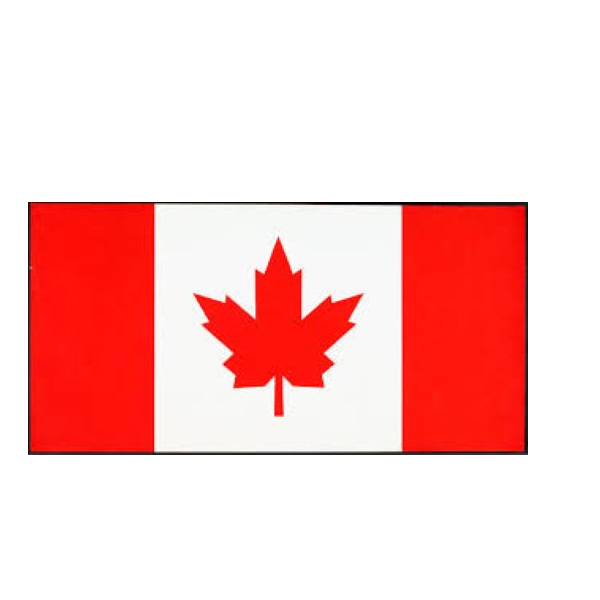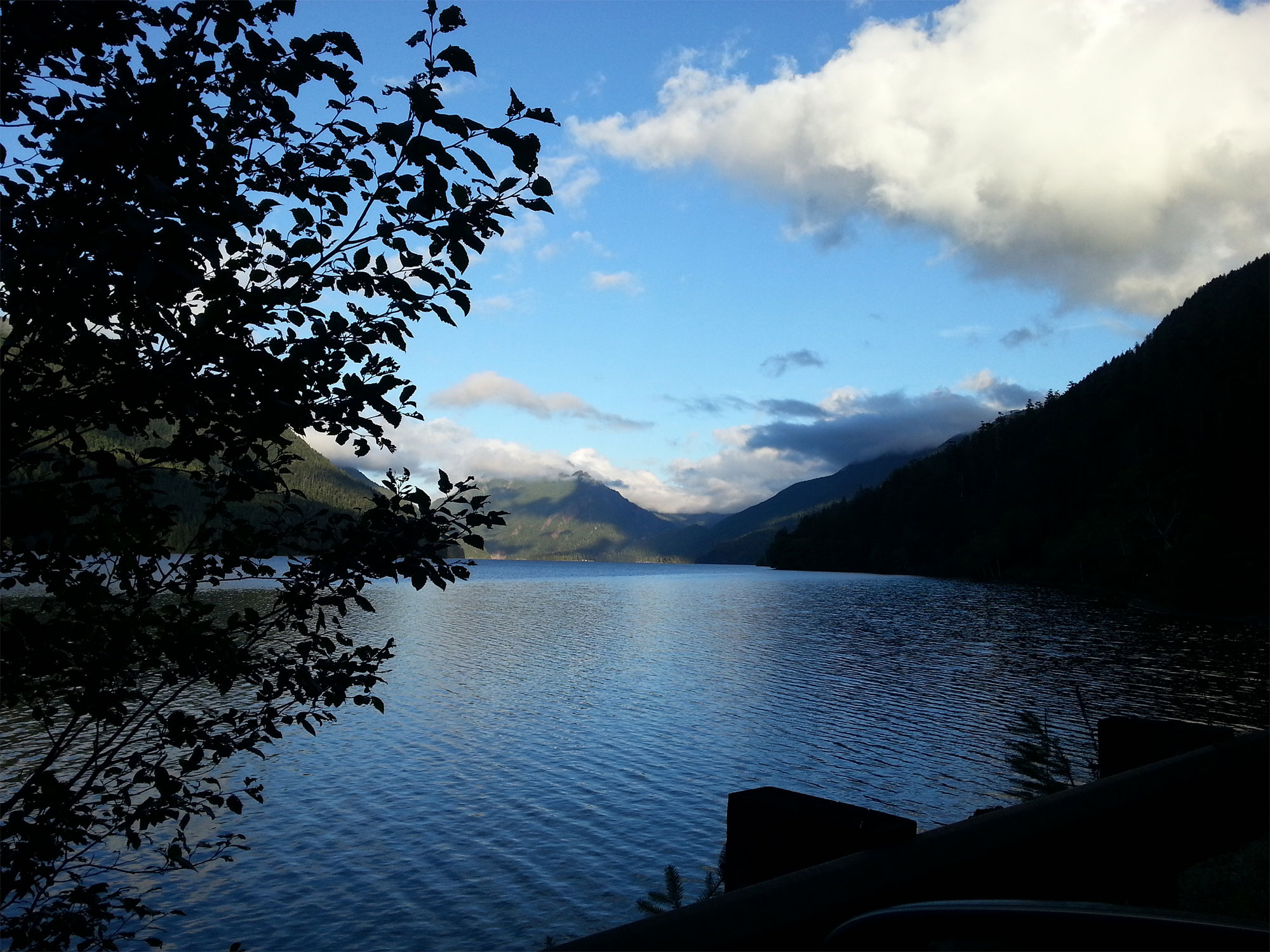
British Columbia’s credit status took a double blow on Tuesday, with S&P downgrading the province due to the risk of “outsized” deficits.
S&P Global Ratings blamed big government spending as it dropped its credit rating for the province and BC Hydro’s provincially guaranteed unsecured debt from AA status to AA-minus.
It’s the third ratings drop since 2021, when B.C. lost AAA status.
“The Province of British Columbia’s 2024 budget outlines continued extensive investment for operations and record levels of capital spending over the next three years, which will lead to outsize after-capital deficits of more than 15 per cent of total revenues and a relatively steep increase in debt through to fiscal 2027,” said S&P in a statement.
It said that in the next two years there was at least a one-in-three chance the current fiscal course would result in rising debt levels and very low internal liquidity, and that would mean another ratings cut.
Another global ratings agency, Moody’s Investors Service, also revised its outlook for B.C. to negative on Tuesday. S&P said a reversal of the province’s “fiscal trajectory” is needed along with stronger economic growth for the outlook to be revised to stable.
It said the province’s commitment to fiscal discipline and stability have “wavered” recently as B.C. as it increased spending on operations and capital investment to what S&P calls “unparalleled levels” amid slowing growth.
IN OTHER NEWS
The B.C. government is relaxing some of its rules related to liquor sales at breweries, wineries, cideries and distilleries as the summer tourism season approaches.
The changes largely revolve around how much alcohol can be sold to a customer, and where and when samples can be offered on guided tours.
Wineries can now offer more servings of their products up to a maximum of 10 ounces per customer.
Meanwhile, breweries and cideries can offer up to 24 ounces, while distilleries can serve a maximum of 3 ounces of a spirit, not including any mixers like tonic water.
The province also announced that alcohol manufacturers are allowed to offer another seating area where visitors can try samples during tours, so long as it is supervised.
The province notes that these new stops during tours should not be considered an alternate consumption area for alcohol.
Additionally, packaged liquor can now be sold during tours, and not just in designated areas.
OUT AND ABOUT IN BC
In a world-first, scientists had what they call a "conversation" with a whale. Now, researchers are trying to find out what they are actually saying.
Researchers who "conversed" with a humpback whale say their encounter could be the first step towards communication with non-human intelligence.
It was in 2021, off the coast of south-east Alaska, that a team of six scientists played a recording of a humpback greeting call using an underwater speaker. They were stunned when one humpback whale they had named Twain, responded in a conversational manner.
"It's like experiencing another world. You hear them come up to the surface. Then there's this big breath, you can see it, and they're all together as a group. It's just incredible," said Josie Hubbard, an animal behaviourist currently studying for her PhD at the University of California, Davis.
Hubbard is part of a Search for Extraterrestrial Intelligence or Seti research team, hoping to understand the communicative complexity and intelligence of humpback whales.
Acoustician, Brenda McCowan was broadcasting a recorded humpback contact call through an underwater speaker and Twain had "spoken" back, engaging in a "conversation" that lasted a full 20 minutes.
The songs of the humpback whale are thought to be among the most complex in the animal kingdom. The first recording of humpback whale song was made in 1952 by US Navy engineer Frank Watlington.
Almost 20 years later, marine biologist Roger Payne noticed these calls were organised and in repeating patterns. This transformed our understanding of whale vocalisations and sparked an interest that would lead to decades of research.
The research team plans to vary the calls they broadcast. The big challenge will be in classifying those signals and determining their context, so they can ascertain their meaning.
Celeste Steindl KSQM News Until We Meet Again




